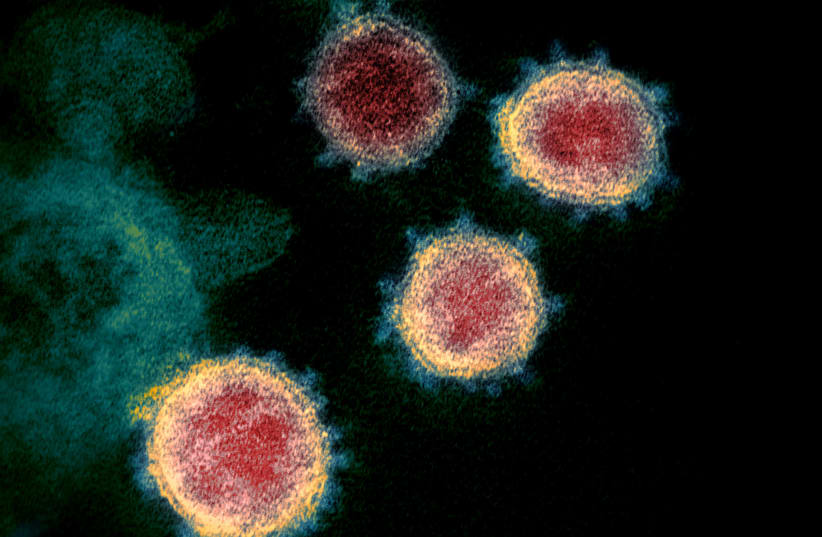The study was published on July 7 as a preprint on Research Square, a multidisciplinary platform that publishes preprints: research before it is peer-reviewed.
The study used the National Child Mortality Database (NCMD) and Public Health England (PHE) testing data to identify children and young people (CYP) under the age of 18 who, during the first 12 months of the pandemic, tested positive for COVID-19 and died. The resulting numbers were divided by cause of death: those who died of COVID-19 complications and those who had tested positive for the virus but died of different causes.
The data found 61 deaths in CYP who tested positive for COVID-19. Of those 61, some 25 died strictly from a COVID-19 infection. This makes the absolute risk of death from COVID-19 one in 481,000.
Prof. Russell Viner, a researcher on the study and professor of Adolescent Health at the UCL Institute of Child Health in London, said: "These new studies show that the risks of severe illness or death from SARS-CoV-2 are extremely low in children and young people.
"Those young people at higher risk are those who are also at higher risk from any winter virus or other illness – that is, young people with multiple health conditions and complex disabilities," he said. "COVID-19 does, however, increase the risks for people in these groups to a higher degree than for illnesses such as influenza [seasonal flu]."
This study will be used to inform health officials in the UK and other countries about decisions surrounding vaccinating CYP.
Dr. Elizabeth Whittaker, senior clinical lecturer in pediatric infectious diseases and immunology, and a researcher for the study, said: "It is reassuring that these findings reflect our clinical experience in hospital – we see very few seriously unwell children."Although this data covers up to February 2021, this hasn't changed recently with the Delta variant. We hope this data will be reassuring for children and young people and their families."
